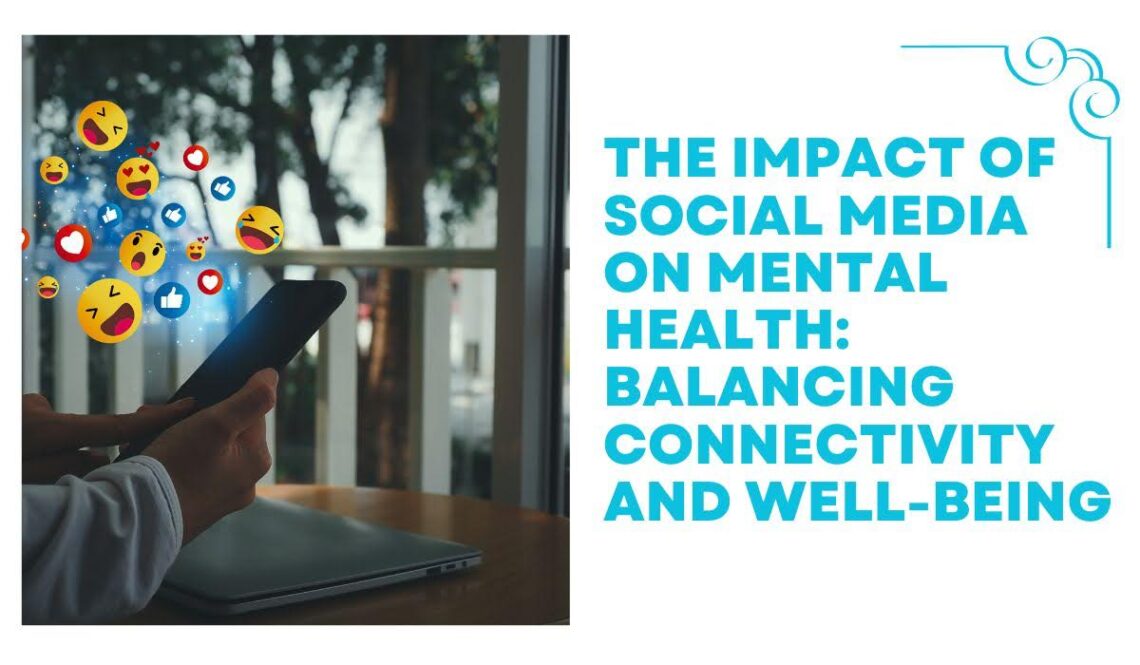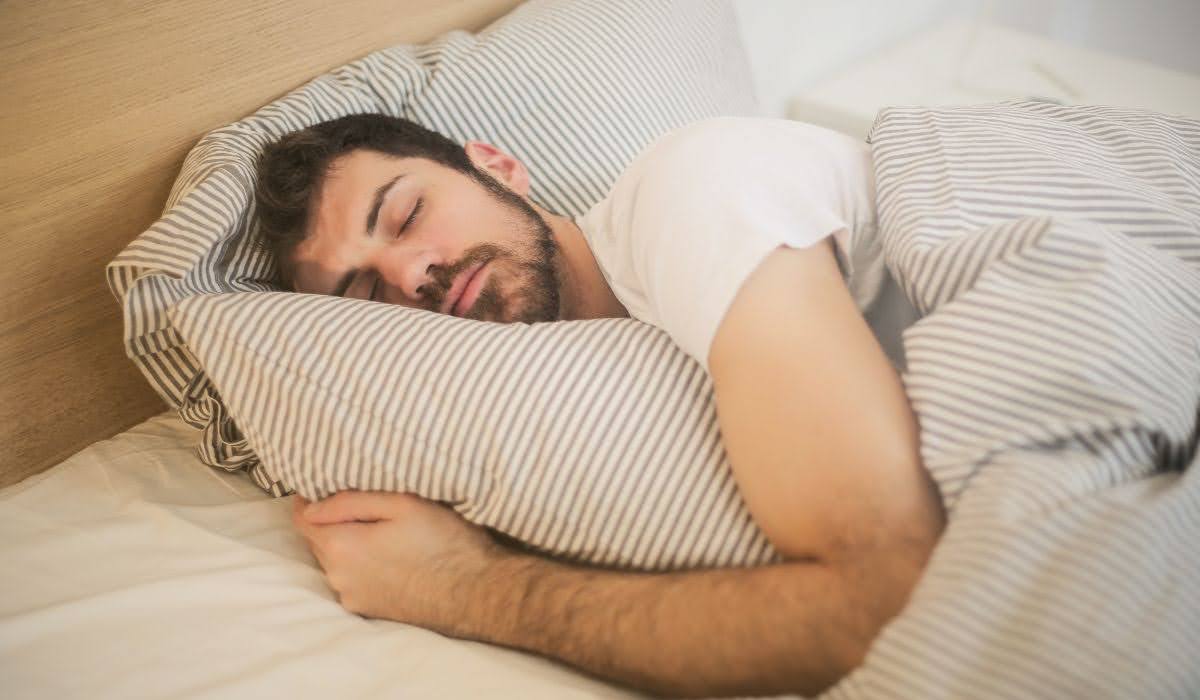
The Impact of Social Media on Mental Health: Balancing Connectivity and Well-being
Social media has become an integral part of our lives, offering us the ability to connect with others, share experiences, and stay informed about the world around us. However, the pervasive use of social media also brings with it potential challenges to our mental health and well-being. In this blog post, we’ll explore the impact of social media on mental health and discuss strategies for finding balance in our online lives.
One of the ways in which social media can affect our mental health is through comparison. It’s all too easy to scroll through our feeds and compare our lives to those of others, leading to feelings of inadequacy, jealousy, and low self-esteem. We see carefully curated images of people’s lives, highlighting reels that often don’t reflect the full reality behind the scenes. This constant comparison can erode our self-confidence and leave us feeling discontented with our own lives.
Another potential downside of social media is the impact it can have on our sleep and overall well-being. Many of us are guilty of scrolling through our phones late into the night, disrupting our sleep patterns and leaving us feeling tired and groggy the next day. The blue light emitted by screens can interfere with the production of melatonin, the hormone that regulates sleep, making it harder for us to fall asleep and stay asleep. Additionally, constantly checking social media can increase our stress levels and contribute to feelings of anxiety and overwhelm.
However, it’s important to note that social media isn’t all bad. It can also have positive effects on our mental health, providing us with a sense of connection and community, especially during times when we may feel isolated or alone. Social media platforms can serve as valuable sources of support, allowing us to connect with others who share similar interests or experiences. They can also provide a platform for us to share our own stories and struggles, helping to reduce stigma and promote understanding around issues related to mental health.
So how can we find balance in our use of social media and mitigate its potential negative effects on our mental health? One strategy is to be mindful of our social media consumption and how it makes us feel. Notice how you feel before, during, and after using social media. If you find that certain platforms or interactions leave you feeling anxious, stressed, or unhappy, consider taking a break or limiting your usage.
Setting boundaries around our social media usage can also be helpful. This might involve designating specific times of day for checking social media, or establishing “no-phone zones” in certain areas of your home, such as the bedroom or dinner table. By creating boundaries around our social media use, we can help prevent it from interfering with other aspects of our lives, such as sleep, work, and relationships.
Additionally, it’s important to cultivate a healthy relationship with social media by curating our feeds mindfully. Consider unfollowing accounts that make you feel bad about yourself or trigger negative emotions. Instead, seek out accounts and communities that uplift and inspire you, and engage with content that aligns with your values and interests.
Finally, don’t be afraid to reach out for support if you’re struggling with the impact of social media on your mental health. Talk to friends, family members, or a mental health professional about how you’re feeling, and explore healthy coping strategies that work for you.
Social media can have both positive and negative effects on our mental health, depending on how we use it. By being mindful of our social media consumption, setting boundaries around our usage, and cultivating a healthy relationship with social media, we can find balance and promote our overall well-being in a digital world.



